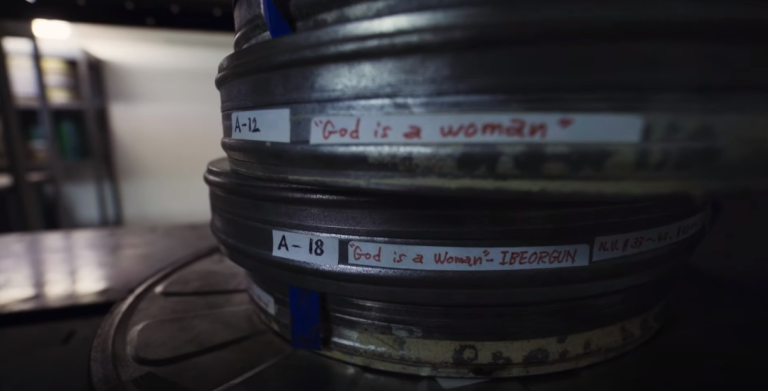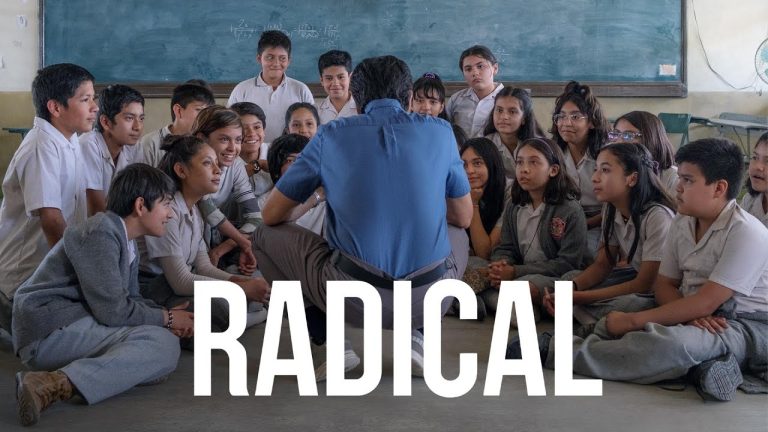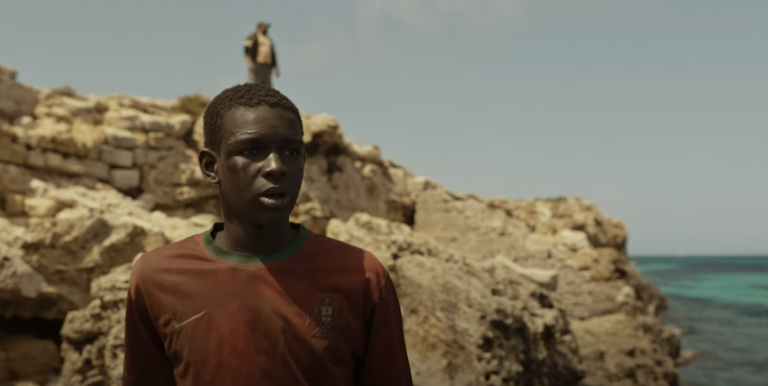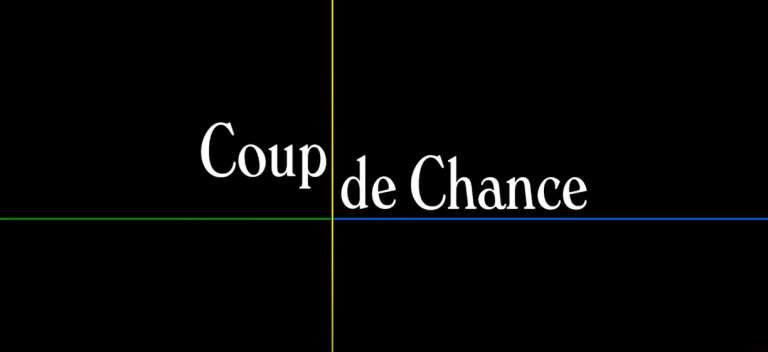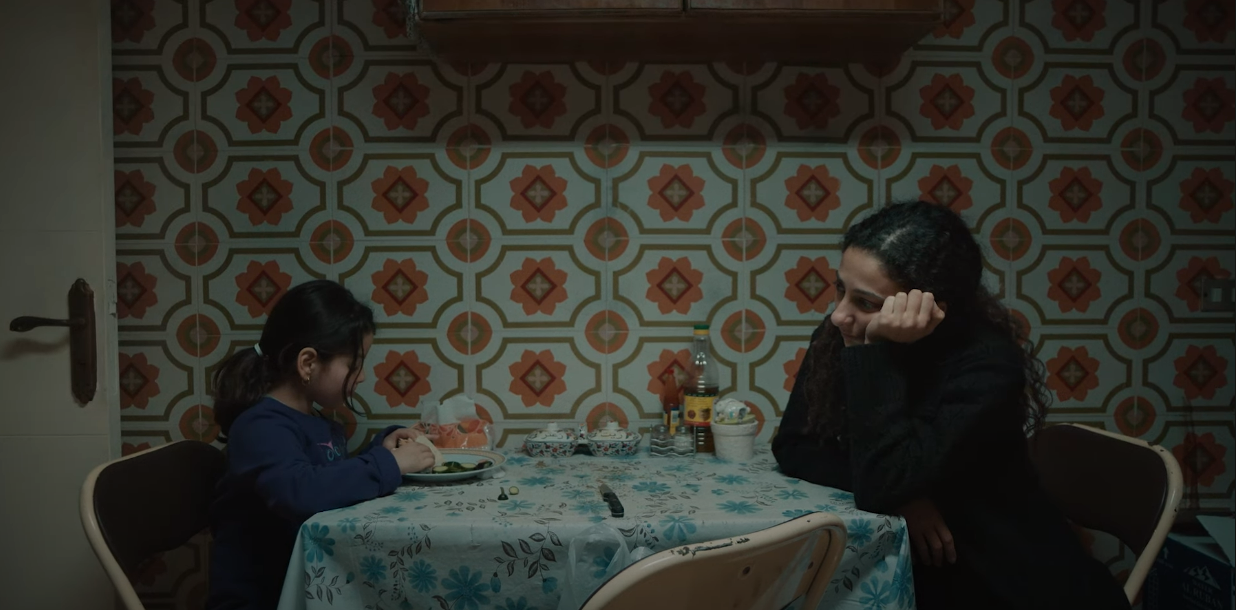
Mouna Hawa delivers a remarkable performance in Amjad Al Rasheed’s bold Jordanian drama, “Inshallah A Boy,” portraying Nawal, a Palestinian woman grappling with societal constraints and striving for empowerment. Hawa’s portrayal adds layers of depth and authenticity to Nawal’s character, seamlessly blending resilience with emotional vulnerability.
The film opens with a poignant scene where Nawal retrieves her undergarment in a public space, symbolizing her struggle to reclaim her dignity within a society that often disregards women’s autonomy. Despite the absence of overt violence, the film subtly exposes the systemic oppression faced by women like Nawal, who are marginalized and constrained by societal expectations.
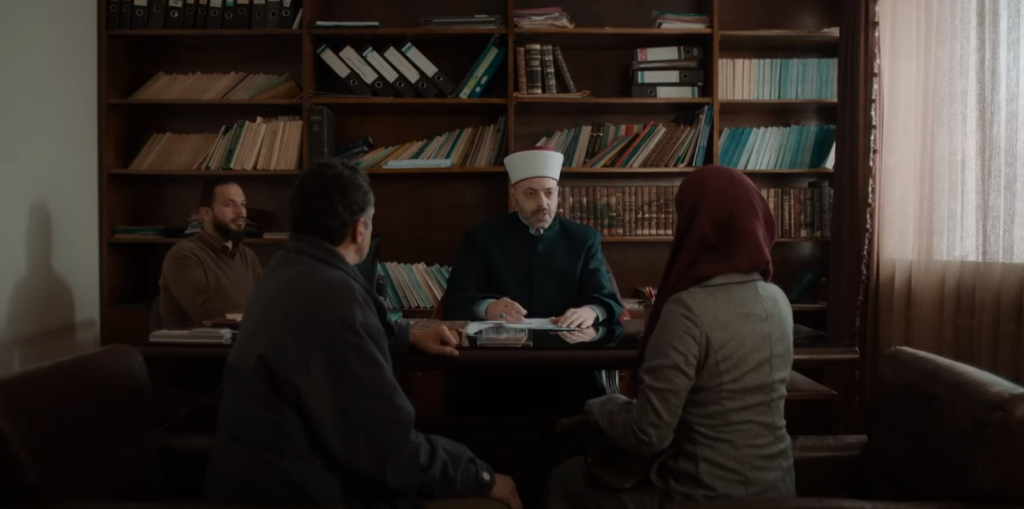
Through nuanced interactions and moments of quiet solidarity among women, the film captures the complexities of female relationships within a patriarchal society. The portrayal of male characters, particularly Nawal’s brother-in-law Rifqi, adds depth to the narrative, showcasing the internal conflict between traditional values and the desire for progress.
Nawal’s journey towards empowerment is catalyzed by her husband’s sudden death, thrusting her into a legal battle for her daughter’s inheritance rights. This pivotal moment not only highlights the injustices faced by women but also serves as a catalyst for Nawal’s personal transformation as she navigates grief and adversity.
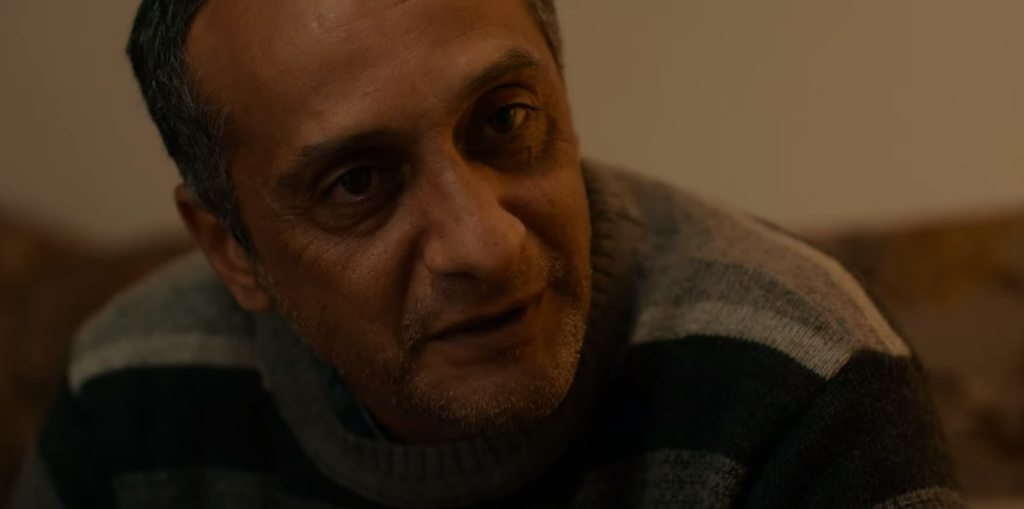
While the film’s exploration of female agency is powerful, some plot twists, such as the fabrication of a positive pregnancy test, strain credibility. Despite these inconsistencies, “Inshallah A Boy” remains a compelling character study, offering insight into the challenges faced by women in societies reluctant to acknowledge their rights.
Director Amjad Al Rasheed’s restrained storytelling approach enhances the authenticity of the narrative, allowing the emotions of the characters to resonate without relying on melodrama. The minimalist background score adds to the rawness and relatability of the story, creating a rich cinematic experience.

The dynamic between Nawal and her daughter, Nora, provides a compelling anchor for the narrative, as they navigate the complexities of a male-dominated world together. Additionally, the presence of a suitor offering financial stability presents Nawal with a tempting alternative, highlighting the complexities of choice and independence within societal constraints.
“Inshallah A Boy” offers viewers a thought-provoking exploration of societal dynamics and individual agency, despite its flaws. It provides a nuanced portrayal of contemporary Middle Eastern culture, inviting audiences to reflect on the complexities of gender, tradition, and progress.
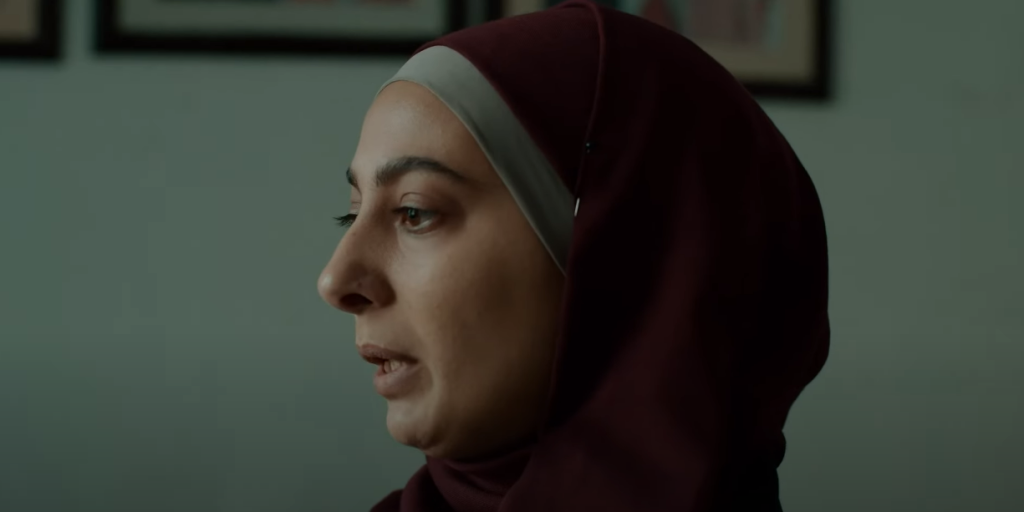
| Aspect | Description |
|---|---|
| Film Title | “Inshallah A Boy” |
| Lead Actress | Mouna Hawa |
| Director | Amjad Al Rasheed |
| Genre | Jordanian Drama |
| Main Character | Nawal, a Palestinian woman navigating societal constraints |
| Themes | Female resilience, Gender equality, Societal oppression, Empowerment |
| Key Scenes | – Nawal’s poignant struggle to reclaim dignity in retrieving her undergarment – Subtle portrayal of systemic oppression – Nawal’s legal battle for her daughter’s inheritance |
| Strengths | – Hawa’s authentic portrayal of Nawal – Nuanced exploration of societal dynamics – Minimalist storytelling approach |
| Weaknesses | – Some plot twists strain credibility, such as the fabrication of a positive pregnancy test |
| Overall Assessment | A compelling character study offering insight into contemporary Middle Eastern culture, despite narrative flaws. |


